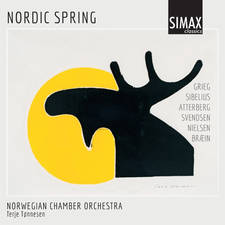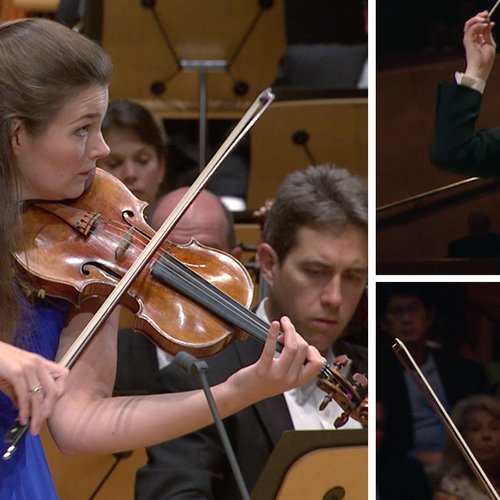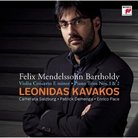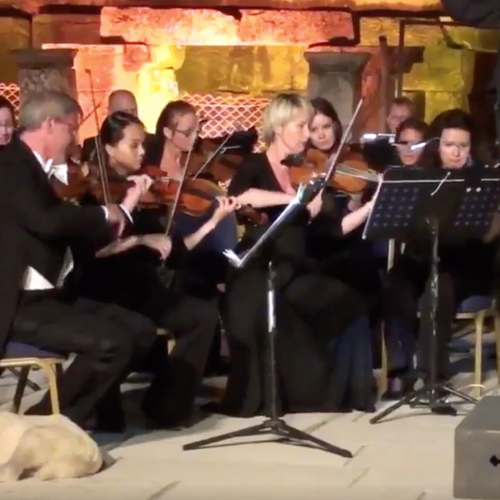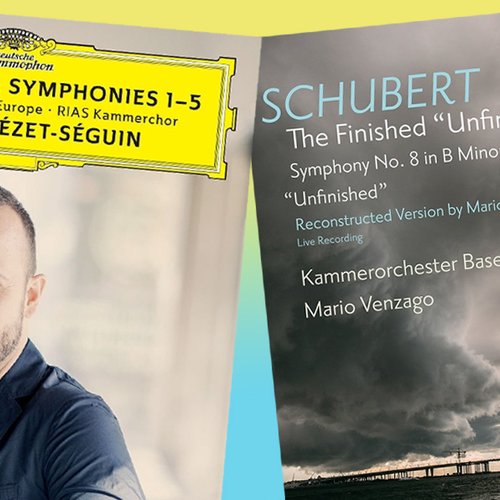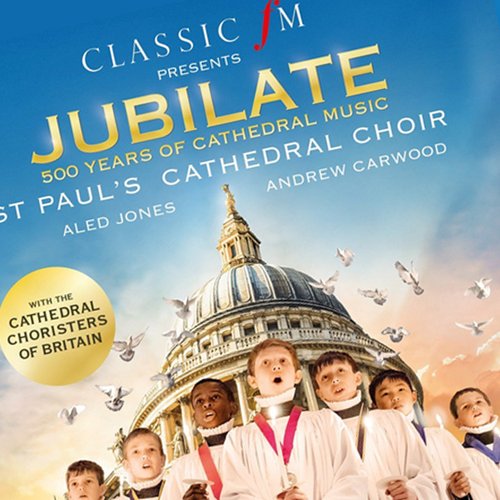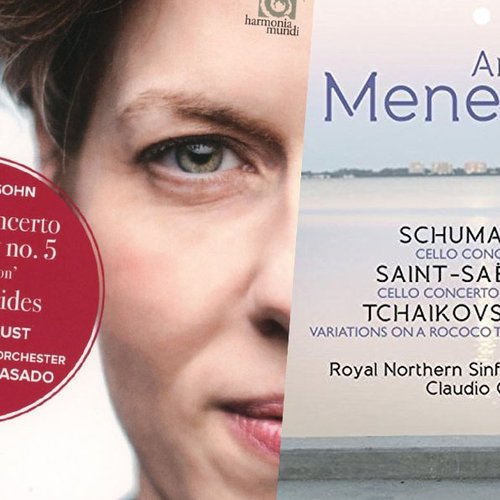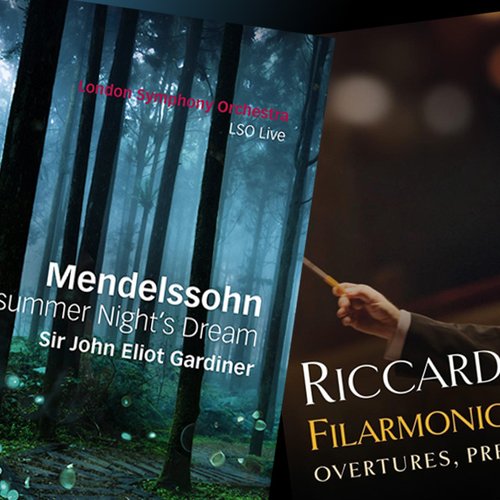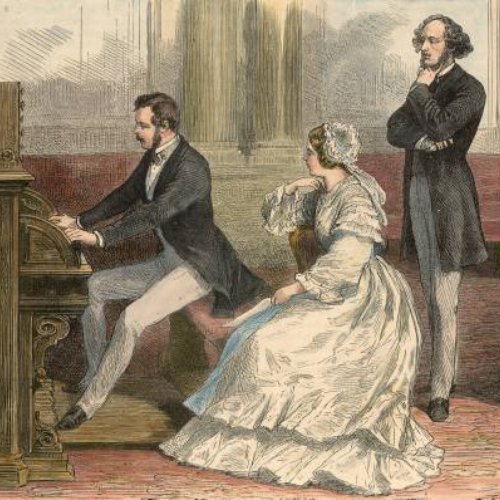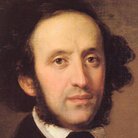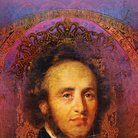The Life Of Mendelssohn: Creative Breakthrough
During the spring of 1825 Felix Mendelssohn composed a Piano Quartet in B minor whose expressive intensity and originality signalled yet another leap of musical imagination. Yet even this gave little indication of what would emerge just five months later: a String Octet in E flat that is arguably the most astonishing act of creative prodigy in the history of Western music.
Mendelssohn integrates the ensemble’s two string quartets with the mastery of a seasoned professional, and in the exhilarating opening movement demonstrates a command of harmonic and temporal structure unmatched by any composer of his generation.
Yet the Octet’s most remarkable novelty – and arguably Mendelssohn’s greatest gift to music – was the creation of a new kind of feather- light, quicksilver, darting scherzo (inspired by some lines from Goethe’s Faust), as revolutionary in sound as it was in technique.
Partly in order to realise the full potential of this remarkable textural innovation, a year later Mendelssohn produced his groundbreaking Overture To A Midsummer Night’s Dream, which captures the magical atmosphere of Shakespeare’s comic masterpiece with astonishing sonic precision.
Mendelssohn spent the remainder of his teenage years attempting to balance his many, wide-ranging interests. Having translated Terence’s comedy Andria from the Latin original into German, he studied aesthetics at the University of Berlin under the great German philosopher Georg Wilhelm Friedrich Hegel (1770–1831). Then on March 11, 1829, he realised a long-cherished ambition to direct the first public performance of Bach’s monumental St Matthew Passion in nearly 100 years.
At a stroke he established not only Bach’s modern reputation but also a more general fascination with the masterpieces of "olden times". It was during the preparation stages that he composed his first sacred pieces, and established a life-long penchant for radiant miniatures via his earliest songs, both with words and without (for solo piano).
